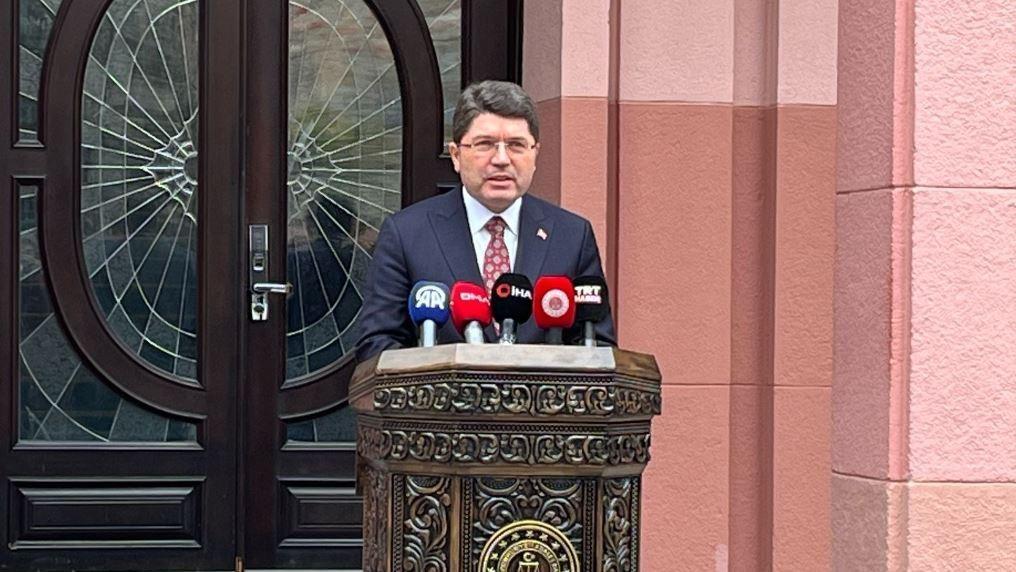The ‘principle’ that created the EU political crisis
If there is to be a remedy for the crisis of legitimacy spreading through the once-great project known as the European Union, it will have to be one without principle.
Actually, it is just one principle-gone-awry that I would like to do away with. Or at least re-examine. It is the very root of the problem that accounts for the remote, out-of-touch and almost imperial rule from the EU Commission and its 40,000 uncivil servants.
It’s obscure, the “Noblemaire Principle” as it is called. Which is why I think it is worth shedding a little light on a maxim that, however well-intended, is the source of so much woe. Not just in the EU, but in virtually all international organizations from the International Monetary Fund to the World Bank to the agencies of the United Nations.
The principle is named for its author, Georges Noblemaire, a man as obscure today as the principle that is his only legacy. He was a French diplomat assigned to the organization of the League of Nations when it was established in 1919 following the end of World War I.
Given that the league was for practical purposes the world’s first international civil service, there was a great deal of discussion about how and what to pay employees. The debate was resolved with the “Noblemaire Principle” which decreed that pay and benefits had to be at least as high as those of the civil service in any member country. First, the “comparator” was Great Britain; in later organizations, including the United Nations, the IMF and World Bank, it was America. In the EU, there is a “basket” of eight countries to establish the base. In principle.
In practice, however, it means cherry-picking. You can argue, for example, for U.S. base salaries, Italian vacation benefits, Australian travel times on home leave, German education benefits and on and on. It is this principle that has created the bubble in which international bureaucrats live: A $500,000 salary for the head of the IMF (20 percent more than the U.S. president who works a few blocks away), six weeks vacation at the U.N. Tuition grants for staff’s children at university that can last until they are 25, salaries that are generally tax-free and job security comparable to being a member of a royal family are standard.
Mind you, it’s not the money per se that bothers me, although that frequently attracts criticism. The less-discussed but greater problem is the “above-it-all” culture that is the byproduct of Noblemaire’s idea of 1919.
We face a situation in Brussels and in other global bureaucracies that invites comparison with the prescient “New Class” analysis of thinkers that include the late Milovan Djilas of the late Yugoslavia. It was in the mid-1950s that he predicted the demise of communism because of the inevitable corruption of the privileged “Nomenklatura” then ruling his supposedly “classless” state as well as the Soviet Union.
Self-serving elites lead to static governance and that leads to unsustainable state structures, Djilas argued.
His “New Class” essay was penned in 1957 to describe the communist system. Reread it today, most of it could be used to describe the EU system. Or more precisely, describe the unprincipled consequences of the “Noblemaire Principle.”










